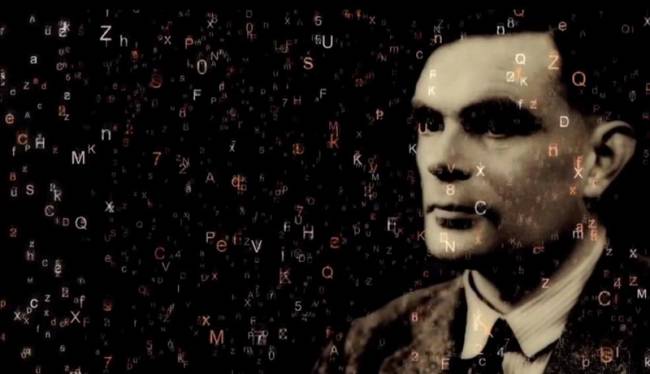Algorithms give us a step-by-step procedure for doing things like mathematical calculations. But you can also use algorithms when you want to bake a cake. This is because all algorithms have the same characteristics.
The word algorithm comes from the name of the 9th century mathematician al-Khwarizmi. He wrote a book titled “Kitab al-jabr wa’l mukabala” around 825 AD. This book was translated into Latin as “Algoritmi de Numero Indorum”. Since al-Khwarizmi’s name was known as “Algorism” in Europe, the term “algorithm” emerged from his name.
- The Enigma Machine and Alan Turing
- Google has made a decision about its engineer who said “artificial intelligence has emotions”!

What is the Origin of Algorithms?
In fact, algorithms were known long before al-Khwarizmi’s book. According to historical records and archaeological findings, the first algorithms were created by the Babylonians around 1600 BC. Recorded in cuneiform on clay tablets, these algorithms were used for purposes such as factorization and finding square roots. Although these seem simple to us today, they were important works of the time. Later, Euclid created the “Euclidean algorithm” around 300 BC. Eratosthenes followed him in 200 BC with the “Sieve of Eratosthenes”. Gaussian elimination for solving systems of linear equations was described by Lui Hui in 263 AD. Brahmagupta developed the Chakravala method in 628 AD.
Over the following centuries, knowledge of the Islamic world built on ancient Greek, Indian and Chinese works. The emergence of the modern algorithm took place during the industrial revolution. First, George Boole introduced the binary system, the basis of modern computer code. Ada Lovelace produced the first “computer program” in the 1840s. The philosopher and logician Friedrich Ludwig Gottlob Frege constructed a formal system for the analysis of quantitative expressions. In Principia Mathematica (1910-1913), Alfred North Whitehead and Bertrand Russell further simplified and strengthened the work of Gottlob Frege. Alan Turing first formalized the concept of algorithms in 1936 with his famous Turing machine. After that, the world was never the same again.

What are the Main Characteristics of an Algorithm?
An algorithm is essentially a series of steps used to solve a specific task. For an algorithm to be considered truly valid, it must have some characteristics. All steps of an algorithm must be clearly and precisely defined. It must be capable of solving the problem and must end at a specific point.

How Do Algorithms Appear in Daily Life?
As you can see, algorithms are an essential part of modern daily life. But don’t just think of computers when you think of algorithms. For example, the fact that we add the data in these lines you are reading one after the other in a certain order is also an example of an algorithm. Our daily morning routine of “get up in the morning, go to the bathroom, wash your face, fix your hair, drink your coffee and leave the house” is also an algorithm. It is intended to solve a problem (going to work or school), it is possible to solve the problem (sleepiness, getting ready for the day) and it is finite (closing the door). If this example is not enough, let’s give some more examples of algorithms used in daily life.
Every Kind of Recipe is Actually an Algorithm
In fact, although you may not realize it, recipes, directions, in short, everything we describe in detail how to do something step by step is essentially an algorithm. If the recipes are done correctly and the steps are followed correctly, the probability of failure is low. Let’s say you want to bake a cake. The recipe tells you what ingredients you will need, in what order and how to use them, what temperature to set the oven at, how many minutes to bake. It ends when the cake is cooked.



